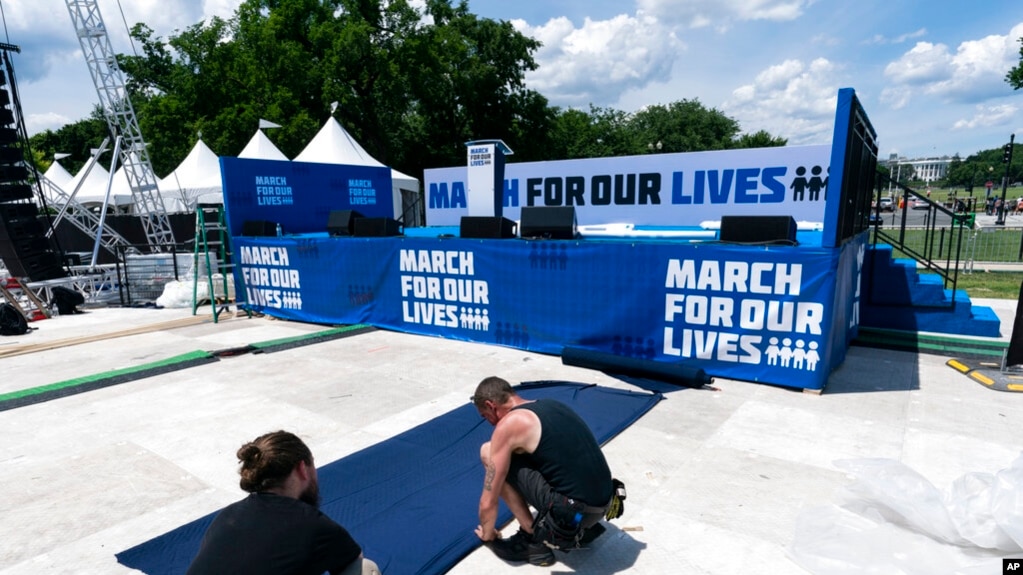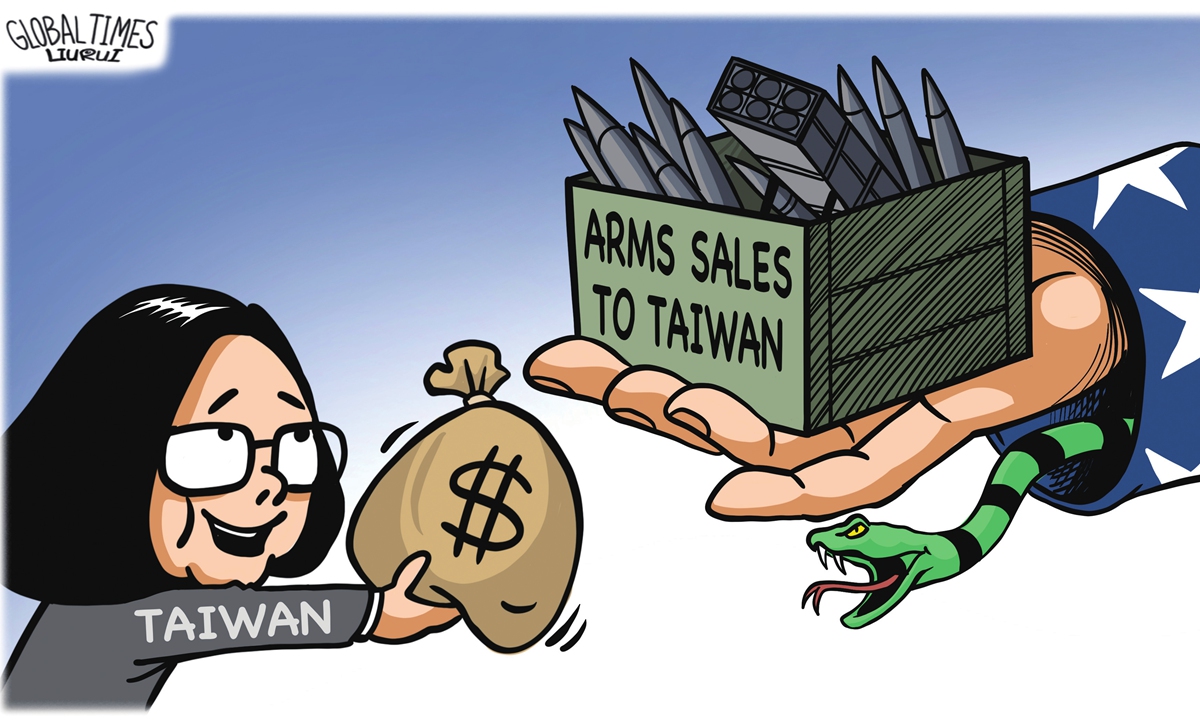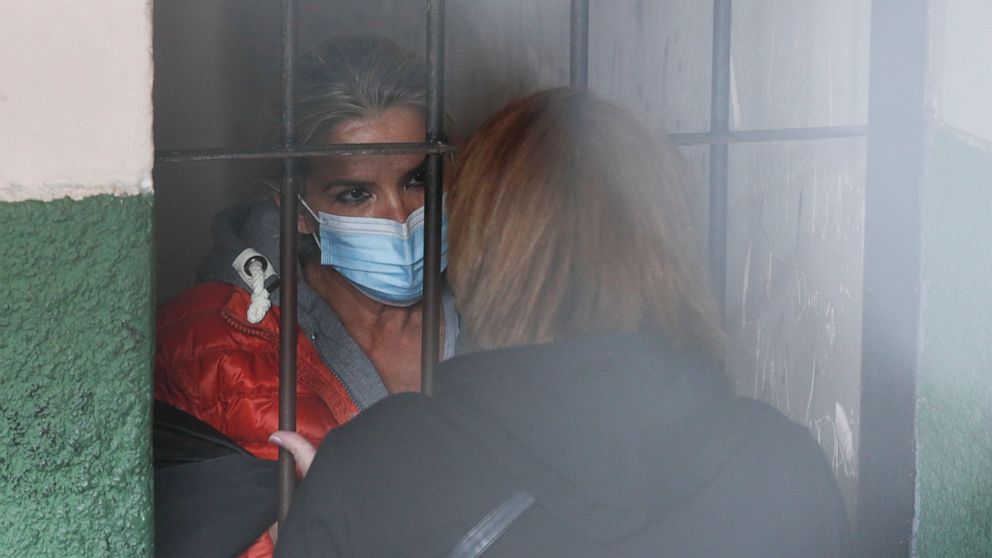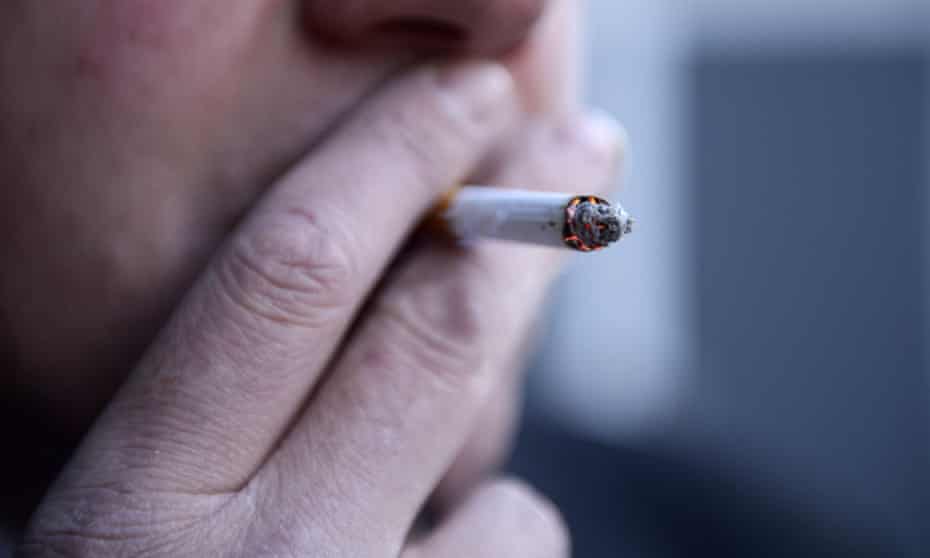
Reuters/YONHAP NEWS AGENCY
By Byungwook Kim and Heekyong Yang
ULSAN, South Korea (Reuters) - A huge Hyundai Motor Co factory complex added weekend production on Saturday, despite a nationwide strike by truckers that has hit ports and other South Korean industrial giants, including steelmaker POSCO.
On day five of the strike, some 100 unionised truckers, about a tenth of Friday's show of force, assembled at the main gate of the Hyundai factory in the southern city of Ulsan, protesting soaring fuel prices and demanding higher freight rates to cover costs.

© Reuters/YONHAP NEWS AGENCYFILE PHOTO:
About 800 striking union members were rallying at the gates of a nearby major petrochemical complex in Ulsan. They had cut the number of vehicles to one-tenth of normal levels on Friday, according to union officials.
South Korea is a major supplier of semiconductors, smartphones, autos, batteries and electronics goods. The strike has deepened uncertainty over global supply chains already disrupted by China's strict COVID-19 curbs and Russia's invasion of Ukraine.
The Transport Ministry said on Saturday it planned to meet with union representatives to continue talks aimed at ending the strike and called on union members to return to work immediately.
At the country's main seaport in Busan, which handles about 80% of the country's container movement, traffic was down to a third of normal levels on Friday, a government official said.
About 7,350 truckers, a third of the 22,000 members of the Cargo Truckers Solidarity union, were expected to be on strike on Saturday, the Transport Ministry said. The government estimates about 6% of the country's 420,000 truckers are unionised.
The union has contended a larger number of truck drivers were on strike and that many non-union truckers are also choosing not to work.
A Hyundai Motor union official said production at the Ulsan plants picked up slightly on Friday in some lines and the factory was operating at about 60% capacity overall, slightly higher than the 50% to 60% level in Thursday.
Hyundai declined to specify the status of its operations or delivery of finished cars.
"There are some disruptions to our production due to the truckers strike, and we hope production would be normalised as soon as possible," a Hyundai spokesperson said.
The union official said Saturday's factory run had not been anticipated because of worsening parts supply issues but the company was pushing ahead, likely to meet growing backorders.
Hyundai employees have started driving finished cars out of the factory complex and parking those that could not be delivered to customers because space inside had filled up, he said.
Outside factory gates and ports, union members were flagging down approaching vehicles driven by non-union truckers, asking them not to proceed but to cooperate with the strike. They were not blocking gates.
The union has said strikers would not prevent trucks from going through factory gates, and police were on hand.
(Reporting by Byungwook Kim in Ulsan and Heekyong Yang in Seoul; Writing by Jack Kim; Editing by William Mallard)



 FILE - Looking west, people fill Pennsylvania Avenue during the "March for Our Lives" rally in support of gun control, March 24, 2018, in Washington.
FILE - Looking west, people fill Pennsylvania Avenue during the "March for Our Lives" rally in support of gun control, March 24, 2018, in Washington.










